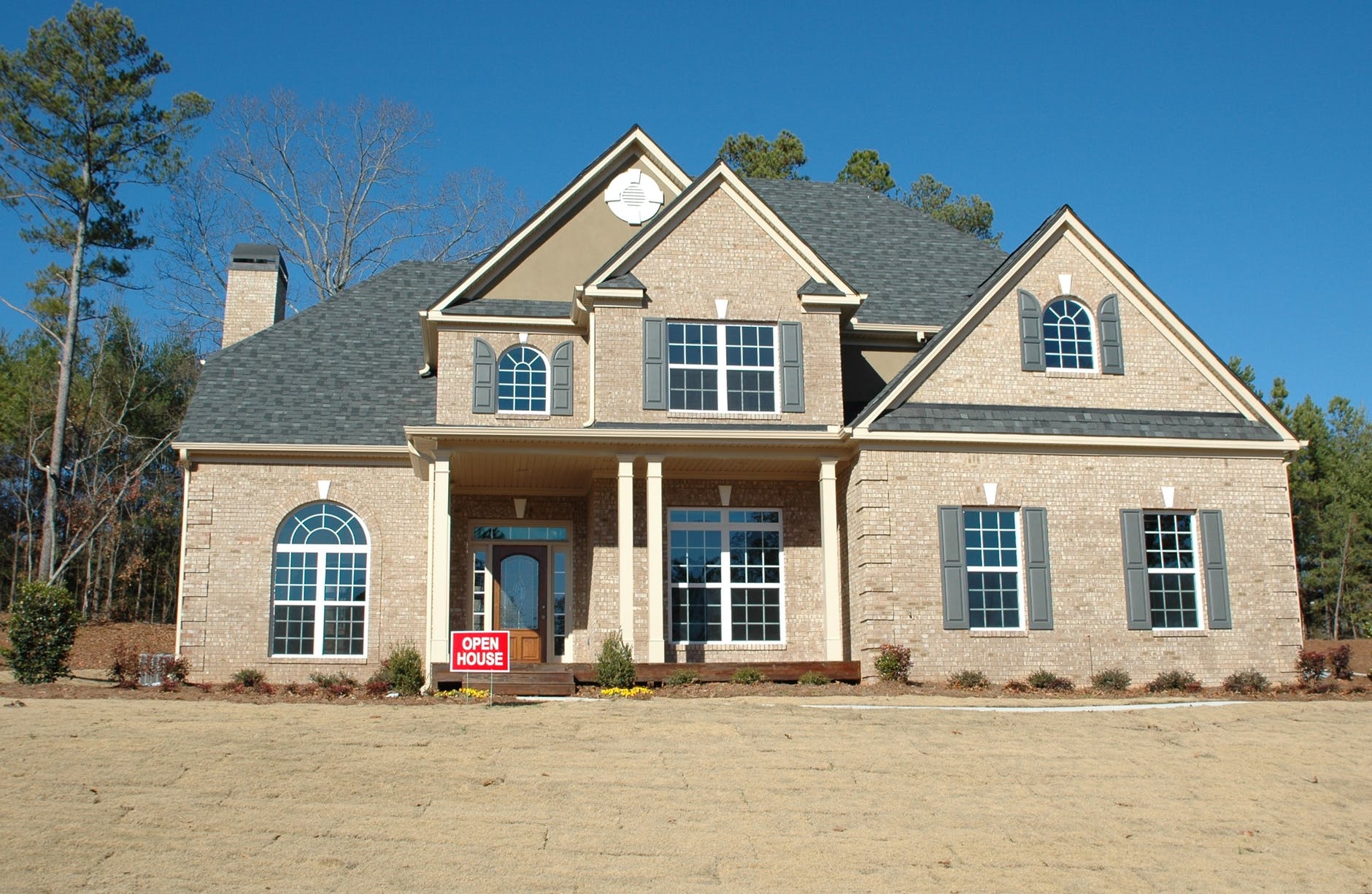It is unfortunate that our country doesn’t have a well-laid out vision for the housing sector. It has been a misconception for a long time that housing policies should focus on building more affordable homes for low-income families like this listing. Policy makers rarely talk about the safety of buildings. Even though there are building restrictions and regulations to make sure that the building is safe for occupancy, it is not enough.
The Problems faced by Tenants
1. Unsafe Housing
There are some areas that are too overcrowded for normal living. Some residential houses are also too cramped with little windows that don’t do much to help with the fresh air. Why does the federal government not do something about such houses? A few years back, the residents of Flinch, Michigan found out that they had been drinking lead-based water all along. The homeowners were not held liable for the poor water supply even though they could have done more. There should be laws that define the minimum safety building standards especially if it is a family home.
2. Information Asymmetry
Before the 2008 recession, most borrowers took mortgages and signed contracts without understanding the payment terms. What makes this situation sad is that most bankers knew that the borrowers would be unable to pay back those loans. Tenants suffer from lack of information. You find someone has used all of their life savings to make the down payment for a mortgage, only for them to fail to repay the loan and lose everything. There should be policies to protect tenants or home buyers from information asymmetry. The banks should be held liable if they leave out certain information on purpose.
3. Affordable Housing is Scarce
It’s so unfortunate that most people can’t own homes nowadays because the price of a new home has shot up by a large margin. Even though property developers set the rent and selling prices for new homes, those decisions are affected by public policies. It is quite unfortunate that in some cities, the local government has put down regulations on land usage. That means that property developers can’t build more units even if they wanted to. This is another area that could be improved with the right housing policies. There should be policies to encourage housing supply.
Ways to create more Effective Housing Policies
1. By Giving Out Equal Subsidies
The Federal government usually gives out housing subsidies to homeowners and low-income renters. They do this so that homeowners can be encouraged to supply more houses, and low-income families can afford to put a roof over their heads. Unfortunately, the homeowners receive the largest percentage of these subsidies. It would be perfectly okay if these homeowners built more affordable houses, but that’s not the case. Homeowners discriminate tenants based on their social status and race. It could be better if the government provided equal subsidies to both sides. That way, low-income families can afford the rent even if the prices go up.
2. By Providing Investment Incentives
The biggest problem facing the housing sector right now is affordability. There aren’t a lot of people that can afford to buy new houses. This can be fixed by improving the income of most people. The government can give tax deductions to low-income families that diversify their investment portfolio. It can allow the money to put into a stock or bond to be tax deductible. That way, low-income families will have multiple sources of income and hopefully be able to afford modern housing.
Housing policies should focus on the living conditions of the tenants. They should also focus on improving the incomes of poor families so that they can afford quality housing. If the federal government puts in more effort in reforming the housing sector, things would be much better.



